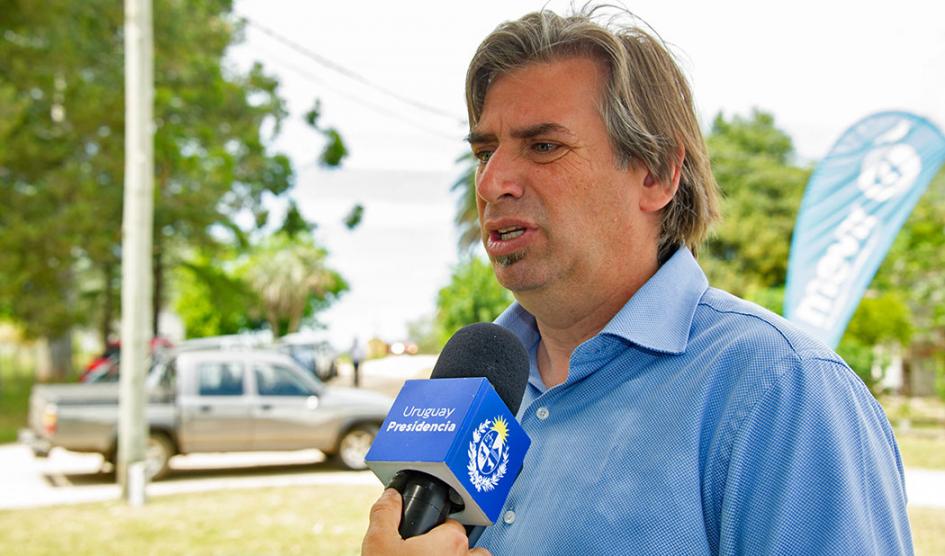It is difficult for those who publicly censor television programs to appear. humanitarian aid. Doing so would amount to a manifestation of insensitivity towards the victims who suffer from hunger, disease, lack of accommodation and other vicissitudes. If someone is opposed to assisting you, it is likely that he prefers to express his opinions discreetly, or disguise them within logistical or strategic arguments.
The fact that the humanitarian aid It has a great charge of image and emotion, however, it does not prevent it from being analyzed in terms of effectiveness. And, indeed, this has been carried out in numerous reports about the results obtained. However, since these evaluations are frequently carried out by the same entities in charge of allocating and delivering aid, there is a perceived tendency to highlight the benefits that the programs have generated. In this sense, when failures are identified, often the focus is concentrated on pointing out the difficulties encountered in the implementation process, especially those that come from limitations of the countries or communities to which aid is granted.
Despite this drawback, more objective assessments show that aid effectiveness is often linked to the nature of the crisis that motivated it, and with the prevailing situation prior to it. It has been detected, for example, that the effectiveness drops significantly in conditions in which there are other serious concomitant problems, it being usual in these cases that the aid is diluted in the confrontation with the set of deficiencies, including restrictions in the provision of services and in the reception, storage, conservation, protection, and distribution of goods.
Substantial differences are also observed according to the class of events causing the crisisfor example between natural disasters Y social conflictsbeing the latter more complicated to treat.

















